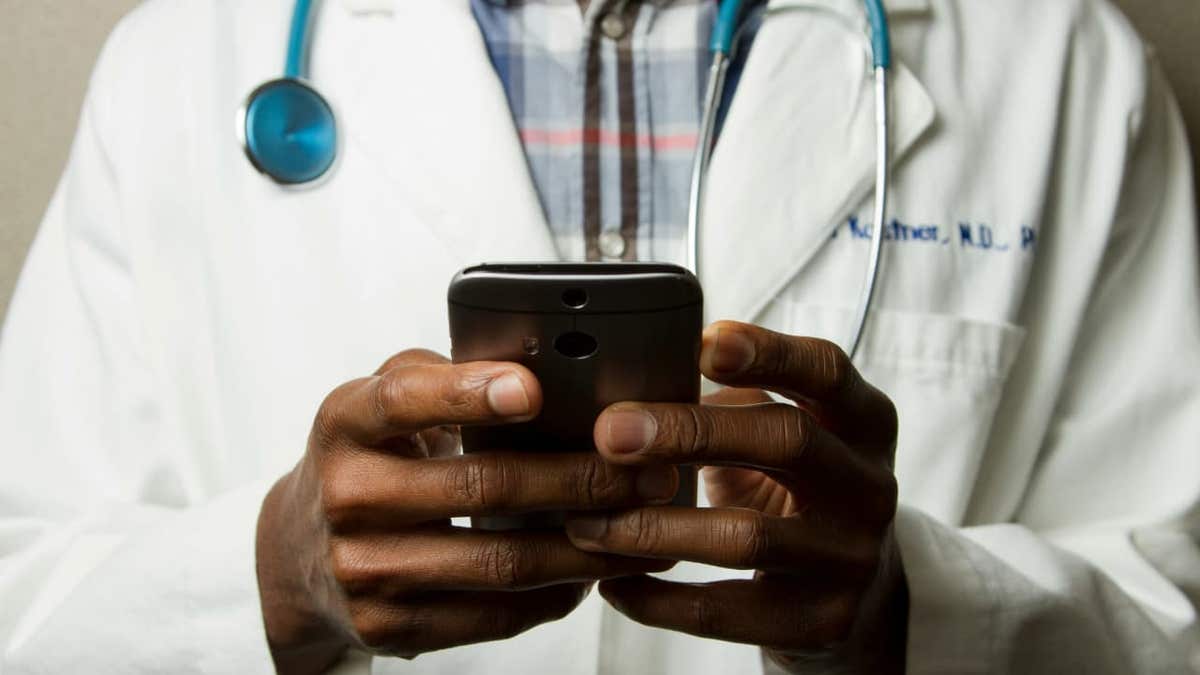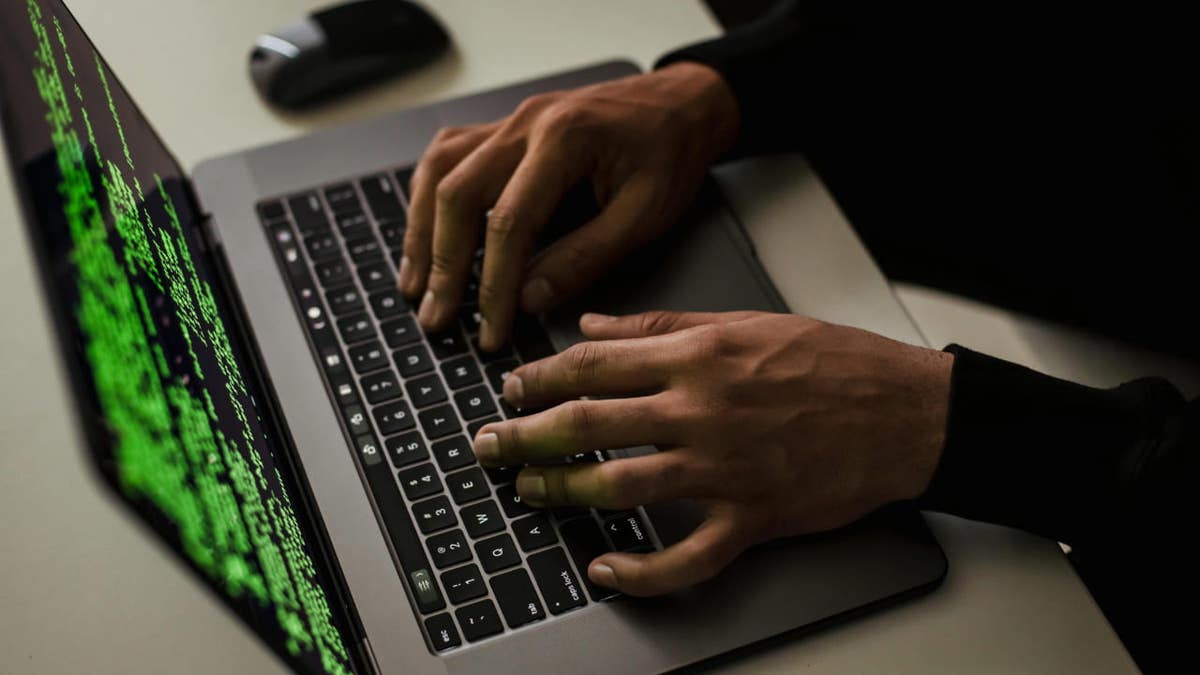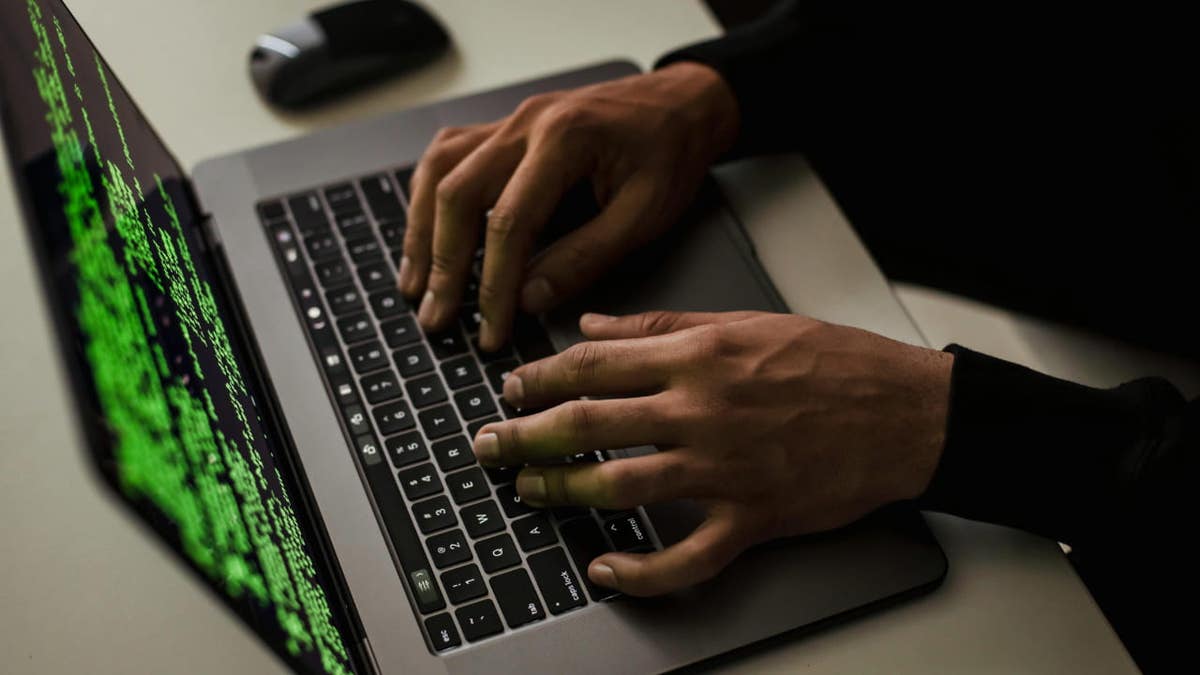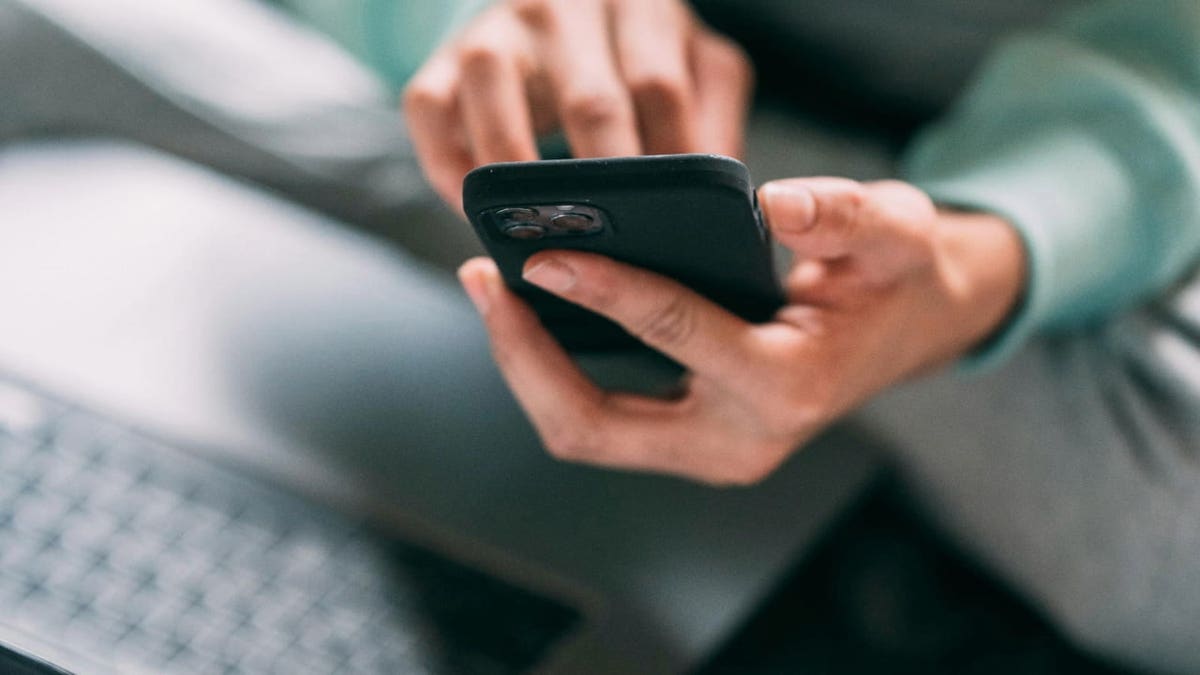Rwanda-backed rebels have “occupied” a second major city in mineral-rich eastern Congo, Congo’s government said Sunday, as M23 rebels positioned themselves at the governor’s office in Bukavu and pledged to clean up after the “old regime.”
Associated Press journalists witnessed scores of residents cheering on the rebels after they entered Bukavu following a dayslong march from Goma, a city of 2 million people they seized last month.
The rebels saw little resistance from government forces against the unprecedented expansion of their reach after their years of fighting. Congo’s government vowed to restore order in Bukavu, a city of 1.3 million people, but there was no sign of soldiers. Many were seen fleeing on Saturday alongside thousands of civilians.
The M23 are the most prominent of more than 100 armed groups vying for control of eastern Congo’s trillions of dollars in mineral wealth that’s critical for much of the world’s technology. The rebels are supported by about 4,000 troops from neighboring Rwanda, according to the United Nations experts.
TRUMP FACING 1ST TEST IN AFRICA AMID BLOODY BATTLES ‘OVER ELECTRIC VEHICLE BATTERY MINERALS’
The fighting has displaced more than 6 million people in the region, creating the world’s largest humanitarian crisis.
Rebels vow to ‘clean up’ disorder
Bernard Maheshe Byamungu, one of the M23 leaders who has been sanctioned by the U.N. Security Council for rights abuses, stood in front of the South Kivu governor’s office in Bukavu and told residents they have been living in a “jungle.”
“We are going to clean up the disorder left over from the old regime,” Byamungu said, as some in the small crowd of young men cheered the rebels on to “go all the way to Kinshasa,” Congo’s capital, nearly 1,000 miles away.
The M23 did not announce any seizure of Bukavu, unlike its announcement when taking Goma, which had brought swift international condemnation. Spokesmen for the M23 didn’t respond to questions Sunday.
Congo’s communications ministry in a statement on social media acknowledged for the first time that Bukavu had been “occupied” and said the national government was “doing everything possible to restore order and territorial integrity” in the region.
One Bukavu resident, Blaise Byamungu, said the rebels marched into the city that had been “abandoned by all the authorities and without any loyalist force.”
“Is the government waiting for them to take over other towns to take action? It’s cowardice,” Byamungu added.
M23 rebels enter east Congo’s second-largest city, Bukavu, and take control of the South Kivu province administrative office, Sunday. (AP Photo/Janvier Barhahiga)
Fears of regional escalation
Unlike in 2012, when the M23 briefly seized Goma and withdrew after international pressure, analysts have said the rebels this time are eyeing political power.
The fighting in Congo has connections with a decadeslong ethnic conflict. The M23 says it is defending ethnic Tutsis in Congo. Rwanda has claimed the Tutsis are being persecuted by Hutus and former militias responsible for the 1994 genocide of 800,000 Tutsis and others in Rwanda. Many Hutus fled to Congo after the genocide and founded the Democratic Forces for the Liberation of Rwanda militia group.
Rwanda says the militia group is “fully integrated” into the Congolese military, which denies it.
But the new face of the M23 in the region — Corneille Nangaa — is not Tutsi, giving the group “a new, more diverse, Congolese face, as M23 has always been seen as a Rwanda-backed armed group defending Tutsi minorities,” according to Christian Moleka, a political scientist at the Congolese think tank Dypol.
13 UN PEACEKEEPERS, ALLIED SOLDIERS DEAD IN CONGO AS M23 REBELS MAKE GAINS IN KEY CITY
Congo’s President Felix Tshisekedi, whose government on Saturday asserted that Bukavu remained under its control, has warned of the risk of a regional expansion of the conflict.
Congo’s forces were being supported in Goma by troops from South Africa and in Bukavu by troops from Burundi. But Burundi’s president, Evariste Ndayishimiye, appeared to suggest on social media his country would not retaliate in the fighting.
The conflict was high on the African Union summit’s agenda in Ethiopia over the weekend, with U.N. Secretary-General António Guterres warning it risked spiraling into a regional conflagration.
Still, African leaders and the international community have been reluctant to take decisive action against M23 or Rwanda, which has one of Africa’s most powerful militaries. Most continue to call for a ceasefire and a dialogue between Congo and the rebels.
The Congo River Alliance, a coalition of rebel groups that includes the M23, has said it was committed to “defending” the people of Bukavu.
CLICK HERE TO GET THE FOX NEWS APP
“We call on the population to remain in control of their city and not give in to panic,” alliance spokesperson Lawrence Kanyuka said in a statement Saturday.









